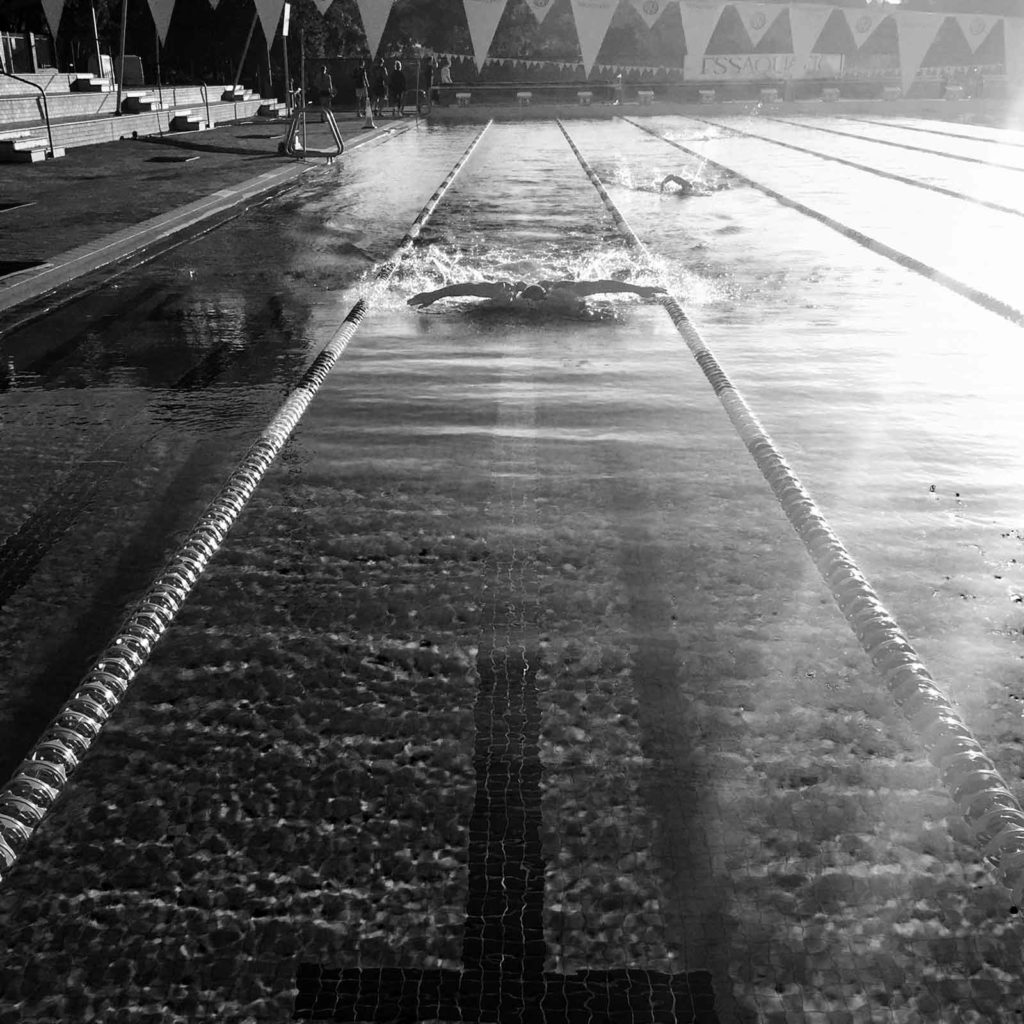
We will be producing evidence-based content with the help of our elite athletes across many different sports. Each sport has specific elements surrounding the breath that we will train and explain how this will improve performance.
So to start, we should ask…
Do the Breathing muscles get tired?
In the sports performance world, the respiratory system has long been seen as a non-limiting factor to performance. This pre-conception is based on a number of ideas that we will build on in coming months, however we will be focusing on one piece of this pre-conception in this post. The breathing muscles get tired!
The past decade has seen some tremendous advancements in our understanding of the limitations imposed by the work of breathing. That is, we now can clearly say that the breathing muscles do get fatigued created by their actions on the diaphragm, rib cage and thoracic cavity, and this impacts athlete performance, state of mind, artistic focus and the fatigue of other muscles in the body.
In the 1980s, researchers studied the breathing muscles of professional runners after marathon race. Obviously a grueling long distance event, but when you think about the intensity of work of the breathing muscles it is quite moderate. Despite this, researchers measured fatigue in the breathing muscles after competitive marathon races, what other sports have researchers also measured this?
Under laboratory environments breathing muscle fatigue has also been measured in Rowers, Cyclists, Swimmers, Triatheletes and even treadmill running. Lets take a closer look at one of these studies.
Romer and McConnell looked at 16 competitive male cyclists in a 20km and 40km time trial race to see if the breathing muscles fatigued. Time trial is a high octane racing format, with cyclists performing at their max for the respective distances. After both time trial distances the competitive cyclists demonstrated breathing muscle fatigue, subjects were tested within 2 mins of finishing the test and demonstrated breathing muscle fatigue of -17% and -14%. (measured with MIP cmH20).
Similar results have been shown in Rowing (Voliantis, 2001), Marathon running (Ross et al, 2008) and Swimming (Lomax & McConnell 2003) but lets take a look at non-athletes, do their breathing muscles get tired?
Healthy normal subjects were asked to breath hard for 2 mins, simulating a high intensity exercise session. After 2 mins of hard breathing, all subjects showed evidence of breathing muscle fatigue using a technique that measures the absolute strength of the diaphragm by stimulating nerve fibers in the neck. This technique prevents in-accurate testing as subjects diaphragms are stimulated by a high energy electrical pulse and the resultant strength is measured.
Results:
– At 1 min the inhaled volumes (L) of the normal subjects were falling by 35%
– After the test diaphragms were fatigued by an average of 24% (cmH20)
We will be following up on how this fatigue impacts performance in coming posts, but here I will address some common questions surrounding breathing muscle fatigue.
How long does it take for the breathing muscles to get tired?
As described, after 1 min of breathing hard, subjects inhaled volumes were reducing. This is not a direct measure of fatigue, however in the field I use this quite regularly to indicate the onset of fatigue in the breathing muscles. At 2 mins of exercise, the research clearly demonstrates fatigue.

What athletes have the strongest breathing muscles?
With my experience in numerous sporting arenas, there are 2 sports that show consistently high achievers in breathing muscle strength.
1. Powerlifters – the diaphragm is the lid on the ‘core’ muscles, athletes exposed to dynamic heavy lifts such as Olympic weight lifters, have shown to have strong diaphragm function. This muscle is the prime mover to create inspiration and has an important role in ‘core stability’.
2. Swimmers – each breath taken by a swimmer in the water already has 2 training aspects to it. Being submersed in water, places an increased load on each breath due to the hydrostatic forces, and swimmers have a short time to take a breath so they are placing a small power load with each breath.
Saying this, the strongest athlete we have tested has been Brazillian UFC champion Junior Dos Santos, I have developed numerous techniques for all athletes to improve their respiratory strength and reach his impressive MIP = 242cmH20
How long does it take the breathing muscles to recover?
In the above article described, cyclists performing 20-40km time trials. Athletes who had performed some breathing training, their breathing muscles were almost completely recovered within 30mins of finishing the test. Athletes who had not performed any breathing training, were almost completely recovered at 60mins. So when we are breath training, we want a minimum of 30mins recovery time prior to other forms of training, especially for high intensity training sets. You can be assured 60mins after doing your breath training, your muscles have completely recovered.
What is Inspiratory Muscle Training?
So we have established that the breathing muscles fatigue, and for a while now Physiologists have been applying strength training to the breathing muscles. To improve the fatigability of the breathing muscles you put these muscles through a STRENGTH training program. Evidence shows this must be with a pressure threshold device, must be > 30% MIP and be frequently delivered. Fletcher techniques takes the basic research to the next level, by bringing science to the breath.
So the breathing muscles fatigue with as little as 1 min of exercise, how this impacts performance we will look at in future posts. The type of strength training delivered to the breathing muscles is unique to Fletcher techniques, look forward to connecting with you.
Bringing Science to the Breath.